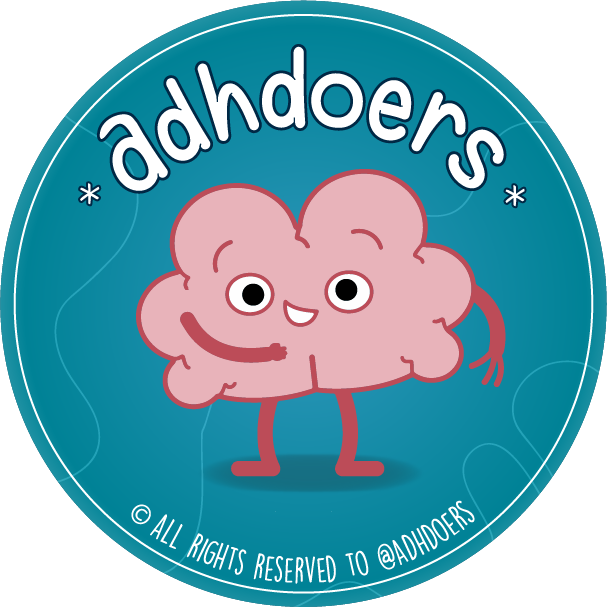If your clinical expert only takes a few minutes to give you an official ADHD diagnosis, then they’re probably very wrong. Giving a proper ADHD diagnosis is a process that can take weeks, months and sometimes even years.
Given its complicated nature, ADHD and its symptoms can easily be mistaken for something that they aren’t, or if it goes the wrong way, they can be taken as a case of ADHD although it isn’t. ADHD is known to have common symptoms with over 10 other mental health and behavioral conditions. This can make the diagnosis process very confusing to your clinical expert. When you decide to seek a professional ADHD diagnosis, try consulting with an experienced and qualified professional.

You should keep in mind that ADHD is not like a simple case of cold, it can’t be diagnosed with a simple observation or a quick conversation. Expect to be undergoing a lot of tests that range from ones related to your personal history to physical and behavioral examinations. You’re also going to be having many assessments related to your current struggles such as:
- Difficulty with deadlines and paying bills.
- Difficulties in college or in the workplace.
- Difficulty remembering and attending appointments and events.
- Difficulties in your relationships and⁄or friendships.
It’s very crucial that while taking these tests, you be as honest and as transparent as possible. If you think that some of the difficulties that you face aren’t potentially related to your ADHD, try being clear about it with your clinical expert in order to get an accurate diagnosis.
It is to note that assessing your current difficulties with ADHD is a very important step of the diagnosis. If your mental health professional sees that you have some ADHD symptoms but don’t really struggle with it on a daily basis, they might not diagnose you with ADHD.

Taking the big step to finally try to seek an official ADHD diagnosis can be quite overwhelming. To help you throughout this journey, here are some tips from our team :
- Try writing down any questions you have for your clinical expert before you meet them.
- Try writing down a list of things that made you think that you might have ADHD.
- Try not leaving your appointment until you write all the recommendations that your clinical expert gave you.
- Try sharing what you’re experiencing rather than how you’re feeling about your struggles with ADHD.
If you’re worried about the risk of a misdiagnosis or want to go prepared, our fun and ADHD-friendly self-reporting booklet can help you communicate your symptoms, experiences, feelings, and history more accurately to your therapist or doctor in order to get a more accurate diagnosis.
You can also share it with your family, loved ones and social circle to communicate what you’re going through and make them more aware of what you experience. Consequently, they can also do the same with you by using it.


